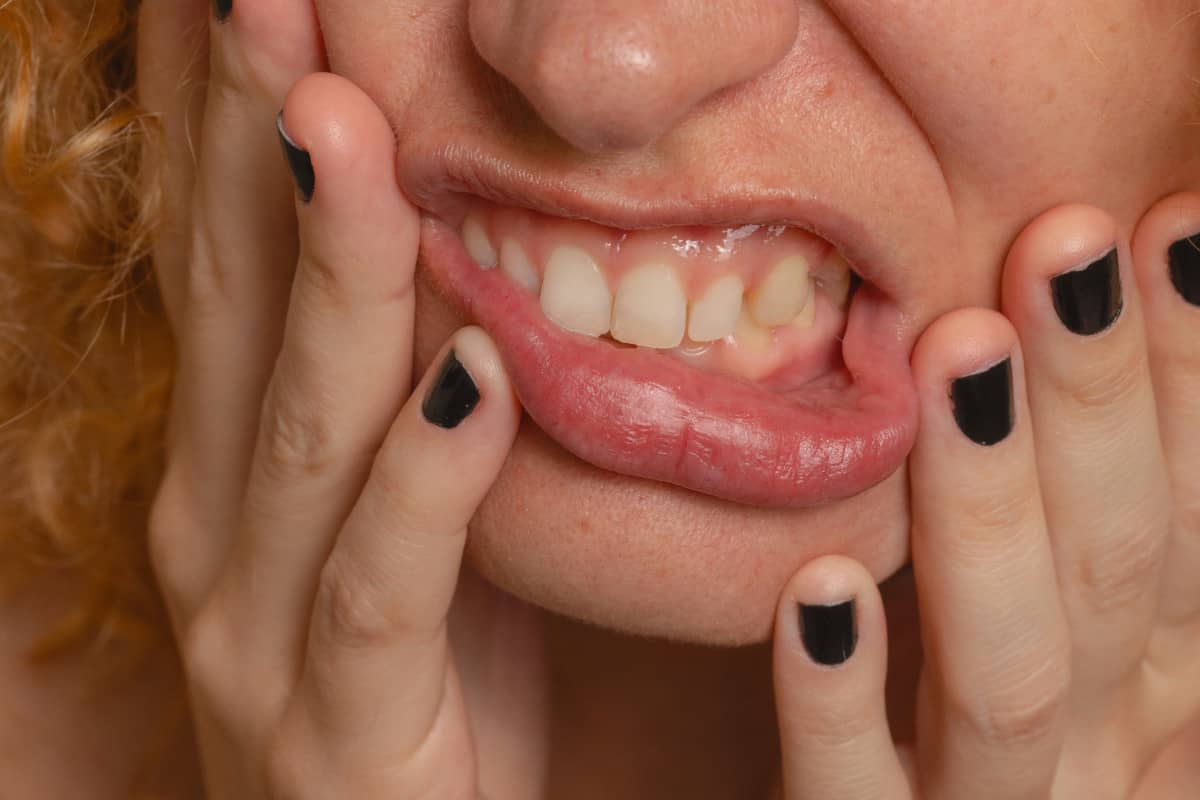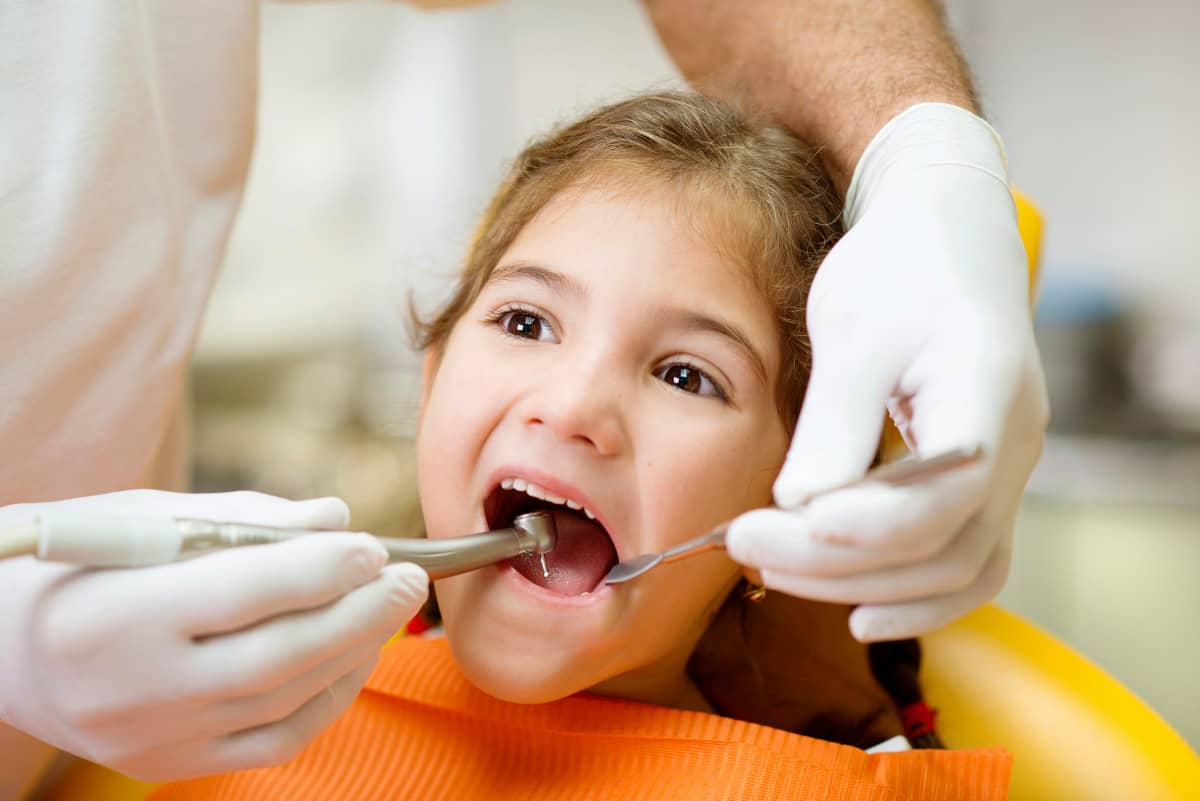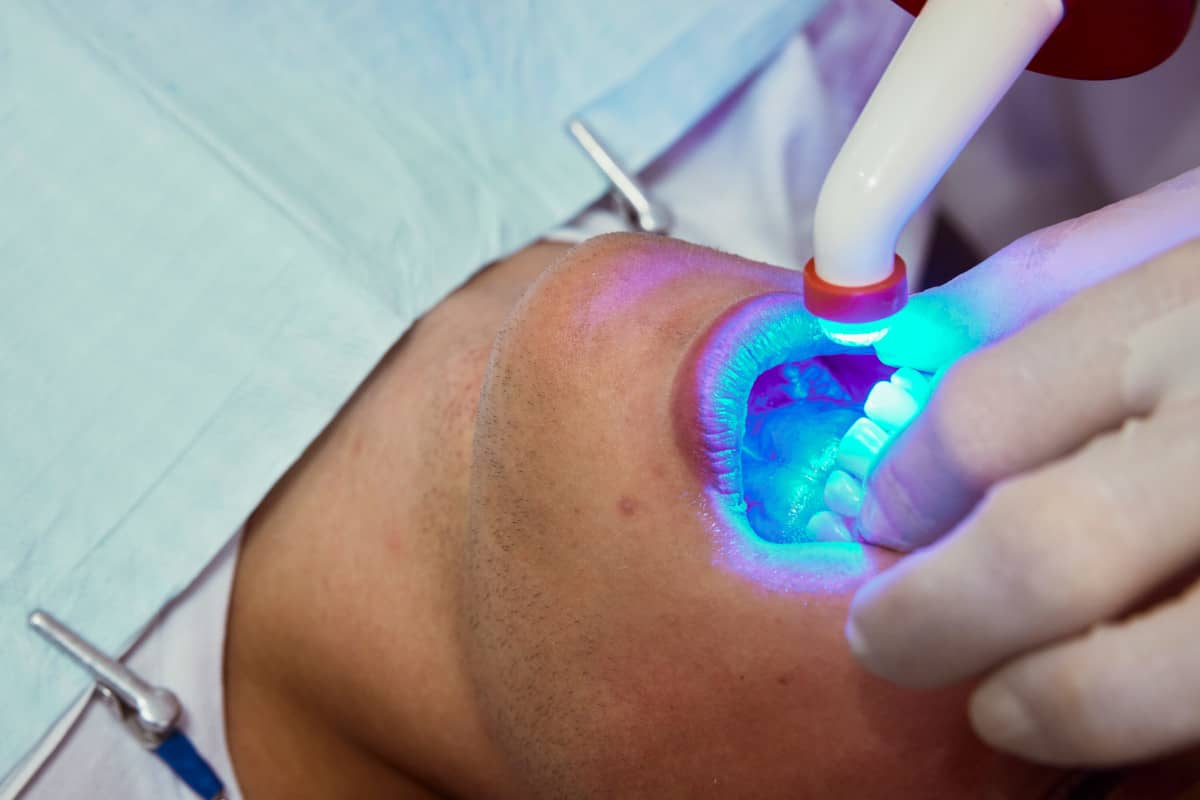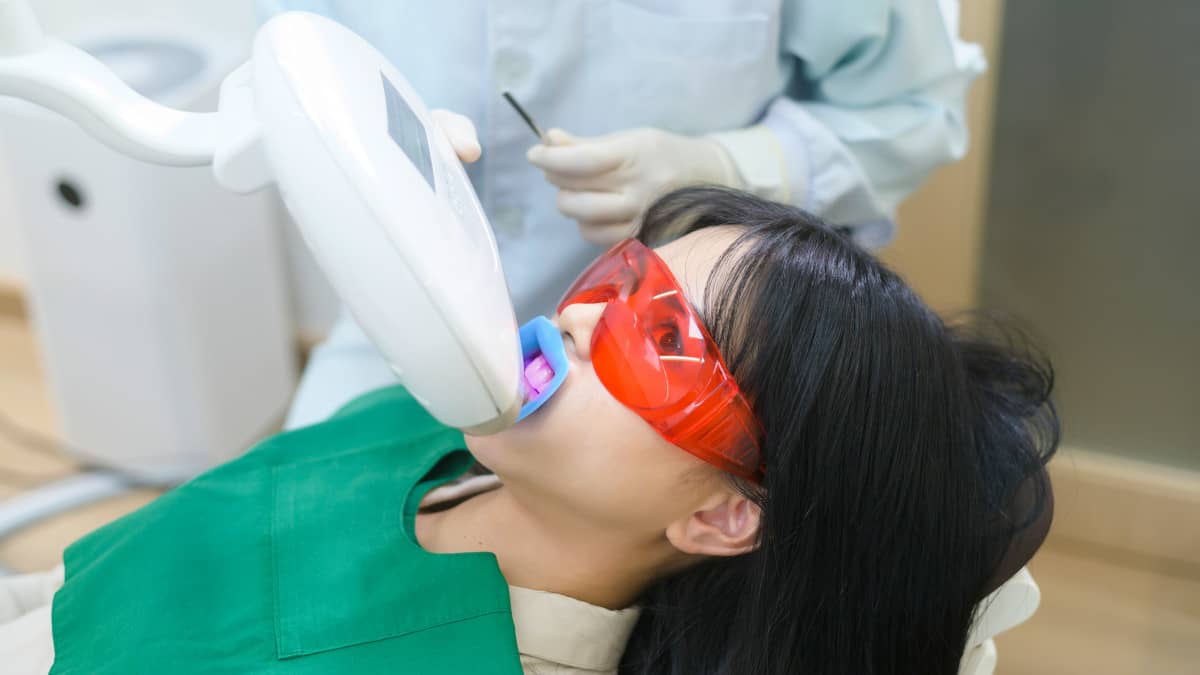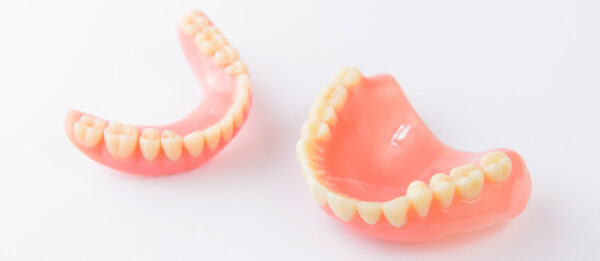
Removable prostheses
Tooth loss can be due to different causes, such as periodontal disease, caries, trauma or tumours. It can lead to the separation of teeth, with the consequent increase in food retention, increased plaque formation and the possibility of caries and periodontitis; and it also causes a deficit in chewing efficiency, which is why not only dentists recommend the replacement of lost teeth, but also digestive doctors believe it is important to replace them.
The replacement of teeth is carried out by means of dental prostheses, including fixed and removable prostheses, which we will discuss below.
Removable dental prostheses are a treatment to replace natural teeth that have been lost, using oral appliances with dental prostheses that are removed from the mouth to facilitate cleaning. These, like the fixed ones, improve chewing and the aesthetics of our mouth.
Depending on the number of missing teeth, there are two types of removable prostheses: partial prostheses and total prostheses.
Removable partial prosthesis:
 This is used when not all the teeth have been lost, and is attached to both the mucosa and the patient’s natural teeth by means of retainers (which are usually metal) or anchors (which give a more aesthetic and invisible effect).
This is used when not all the teeth have been lost, and is attached to both the mucosa and the patient’s natural teeth by means of retainers (which are usually metal) or anchors (which give a more aesthetic and invisible effect).
Removable partial dentures can be metal (also known as skeletal) or resin (gum-coloured), which are more imprecise and uncomfortable than metal dentures, but less expensive, and are sometimes used temporarily.
Removable total prosthesis:
Used when there are no teeth left in the patient, these are commonly known as “dentures”.
Like the partial denture, the total prosthesis is created especially for you, so the dentures adhere and fit perfectly to your gums. But you have to bear in mind that over time your gums may change their size, so you will have to visit our practice periodically to have them readjusted.
If your dentures should become misaligned and you are unable to come to the practice quickly, dental adhesive is an alternative. Many people use adhesives to ensure that the denture fits correctly.
Care and hygiene:
If you use or are going to use a removable prosthesis it is important that you know how to take care of it and maintain it:
You should brush your teeth (in case it is partial) and the prosthesis after every meal, or at least rinse it with water and at least clean it at night with a special brush for prosthesis or a nylon bristle brush and soap, to avoid the appearance of tartar.
It is advisable to remove the prosthesis for about 6 or 8 hours a day, for example at night, so that your tissues can rest from the pressure to which they may be subjected. During this time, the prosthesis should be kept in a moist environment.
Remember that in addition to brushing, you should also use dental floss and mouthwash for complete hygiene.
New technologies:
Although we have been using it for 7 years, it is still considered a new technology in the field of prosthetics; Flexite, a new totally flexible nylon material, ideal for the construction of partial and total dentures.
Flexite also offers various degrees of elasticity in its products depending on the patient’s needs. Thus, the composition of Flexite Plus offers greater elasticity than Flexite Supreme, and is different from Flexite MP, which is especially indicated for complete dentures and unloading splints.
This variety in the degrees of flexibility represents a great advantage with respect to other techniques, as it allows the degree of elasticity suitable for the needs of each patient to be chosen at all times, thus optimising the results.

In addition to its flexibility, Flexite is characterised by its practically immediate adaptation to the oral tissues, which makes it much more comfortable than other techniques. It weighs less than acrylic, making it lighter than other materials used in prostheses.
Other main characteristics are that it is hypoallergenic (due to the absence of monomer), unbreakable (thanks to the composition of the material) and its highly aesthetic results (the colours and translucency of the material give much more natural results than other techniques).
If you need more information to decide to use dental prostheses, call us, or better, come and see us, we can explain the process in much more detail, and help you to show off your best smile again.

